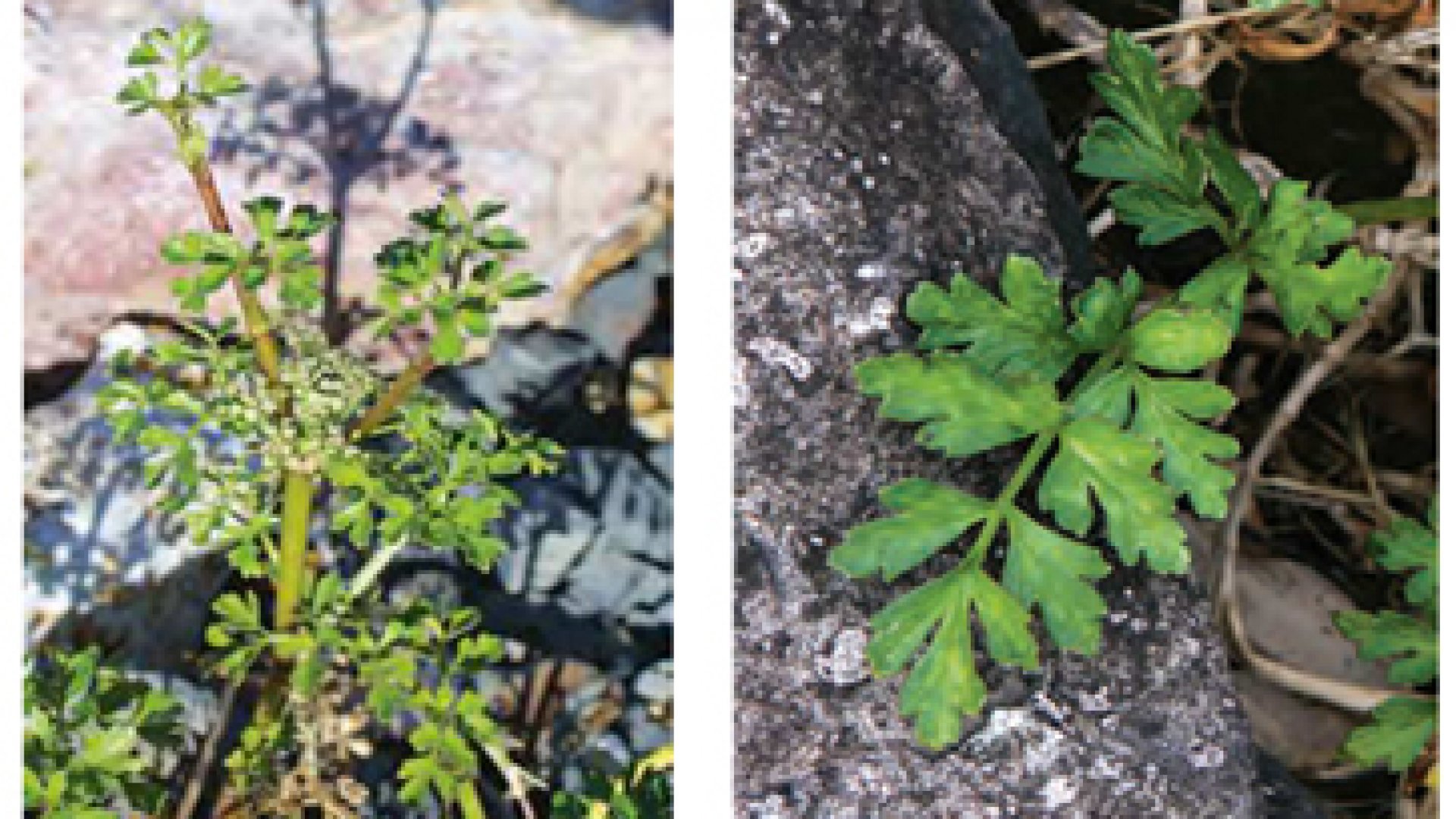Council to trial water celery control programme
10/02/2021 11:25am
Nelson City Council contractors will be carrying out a trial to control invasive water celery (Apium nodiflorum) in the upper reaches of Orphanage Stream, Stoke.
If the trial is successful the programme will be extended to other affected areas.
Water celery has established in various Nelson streams including, and most noticeably, in Orphanage Stream, Arapiki Stream, Jenkins Creek and Saxton Creek. It is easily spread from seeds and root sections being carried along the watercourse, and also by drainage machinery.
Water celery is invasive and needs to be controlled as it can do a lot of damage to the health of the stream. It forms dense mats that block sunlight and de-oxygenate the water smothering our local flora, trapping sediment and reducing habitat for stream life. A stream choked with water celery has the potential to reduce the flooding capacity of our waterways.
The Nelson Resource Management Plan does not permit the use of chemical sprays to control weeds in watercourses, so Council has applied for, and been granted, a resource consent for this work. This allows the use of herbicides in watercourses to control invasive weeds.
Contractors will be using the herbicide Triclopyr trimethylamine (Garlon 360) - which degrades in water and soil and doesn't persist in the environment. It also has low toxicity to fish and other stream life. This spray is preferable to glyphosate as it only kills selective target weed species. It is permitted by the NZ Environmental Protection Agency and recommended by NIWA for the effective control of this weed in our waterways.
The initial spray programme will be a trial in upper Orphanage Stream between Ngawhatu Confluence and Suffolk Road, to see how effective it is in controlling water celery. The trial will be monitored.
This work will be carried out between February and May this year, taking fish spawning, migration and weather conditions into account. If the trial is successful, the work will carry on in other areas infested with water celery.

